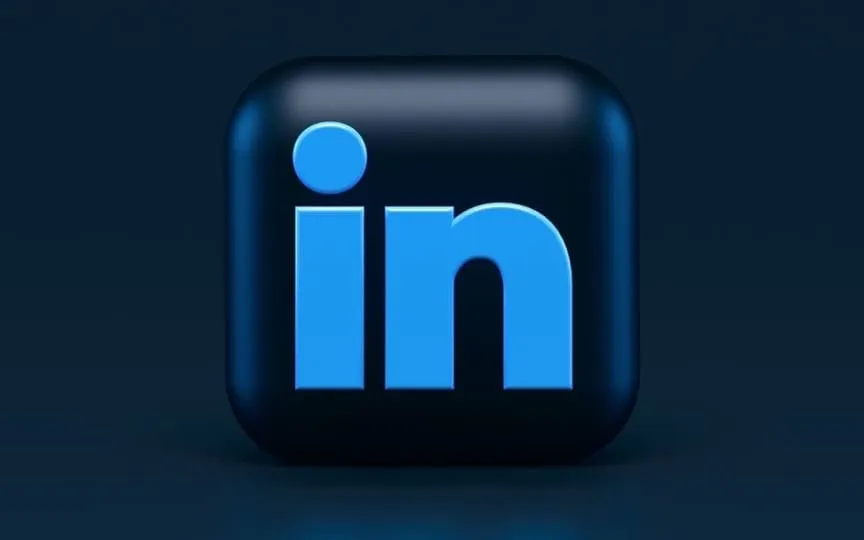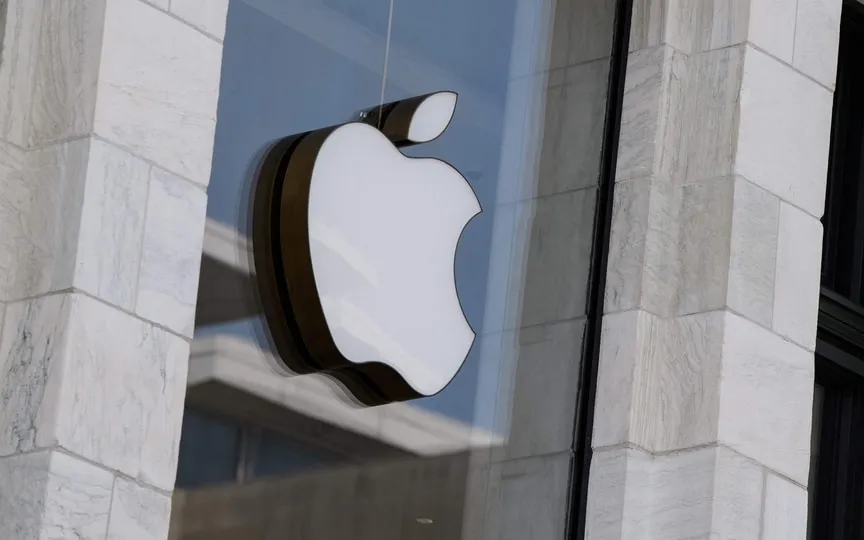New deal with Nokia may bring an end to Oppo’s ban in Europe
Finnish telecommunications equipment manufacturer Nokia announced on Wednesday that it had signed a 5G patent cross-licensing agreement with Chinese device manufacturer Oppo, which will resolve patent disputes between the companies.
Nokia has been involved in legal disputes with several Chinese tech companies, including Oppo, over patent payments. “OPPO today announced that it has signed a global patent cross-licensing agreement with Nokia covering fundamental patents for 5G and other mobile communications technologies. After the Agreement, both parties will resolve all pending litigation in all jurisdictions. The detailed terms of the agreement are confidential in accordance with the mutual agreement, OPPO said in its official message.
The Finnish group recently signed an agreement with the Chinese smartphone manufacturer Honor.
“Pursuant to the agreement, Oppo will pay royalty fees as well as retention fees to cover periods of non-payment,” Nokia said in a statement. “The agreement resolves all pending patent litigation between the parties in all jurisdictions.”
The development is big for Oppo considering the situation in its region, as it could allow the company to start selling its phones in Europe, which was banned due to the controversy. It all started when Nokia claimed that BBK Group’s brands have been using Nokia’s 4G standard basic patent (SEP), which could see companies like Oppo, OnePlus and Vivo lose access to the German market if they lose the lawsuit. . The patent concerns components that provide a WLAN connection to the phones of these brands.
Patent infringement is a serious problem, and brands like Oppo and OnePlus have been hugely popular. With Nokia and Oppo finally settling their patent dispute, people in countries like Germany can finally expect these brands to start selling their phones in the region.
(Credit to Reuters)




